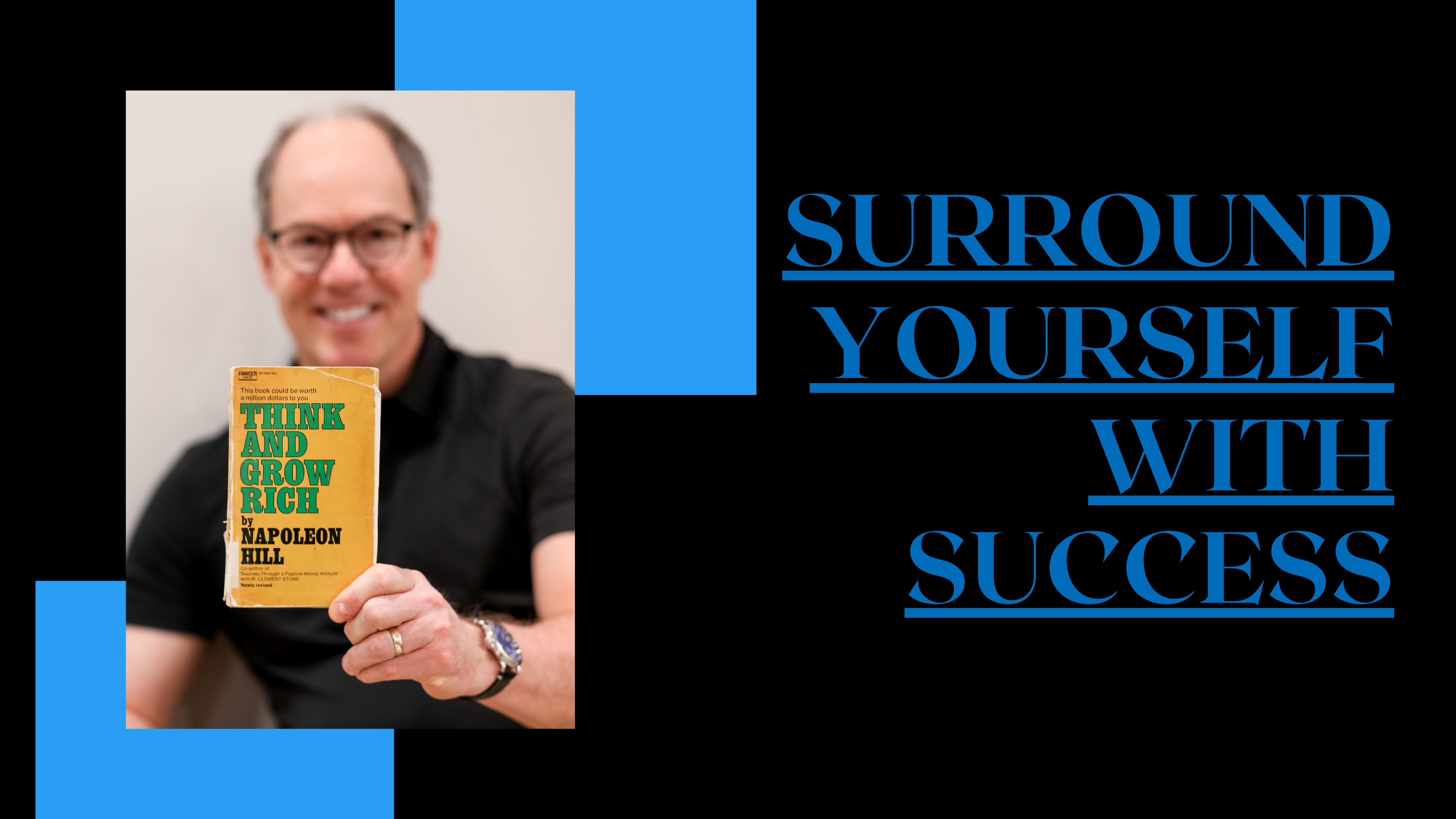Do It Now!
“I’m going to do it, I’ve just been putting it off.”
“I just can’t find the time.”
“ I’m still working out the details, but I’ll get to it soon.”
Procrastination is one of the biggest challenges we face in our busy lives. Most of us procrastinate, whether it’s putting off an undesirable task at work, or delaying the inevitable chore at home. Some of us do it more than others … Could I be describing anyone you know?
The dictionary says to procrastinate is “to put off doing something until later.” Although we really want or need to do something now, we don’t do it. Procrastination is one of the major stumbling blocks in trying to accomplish our goals.
But why do we do it, even though on a conscious level we know that we’re doing it, and the effect that it’s causing? And what can we do to combat this “thief” that robs us of productivity?
How does procrastination occur?
- Overplanning. Rather than taking action, we continue to “plan” the action to be taken. As the argument goes, more planning is necessary before the action can be taken. The problem is, the “plan” will never be 100%
- Perfectionism. This is related to overplanning. Here, every detail must be perfected, though this is really not necessary.
- Boring tasks. One simply lacks the motivation to continue action on mundane tasks. Why perform a boring task, when you could be doing something exciting?
- Too complex, time-consuming. It’s much easier to do a lesser task, and easy to not do a bigger one.
- Need for adrenaline. For some, it is very satisfying to finish a task just before the deadline. The risk is, if cut too close, it will not be finished on time.
How can we fight procrastination?
- Set deadlines. Knowing that we need to accomplish something by a specific time leads us to action.
- Break tasks into small pieces. Reducing the task to smaller, more manageable pieces helps to avoid confusion and overwhelm, two causes of procrastination.
- Get started, even if you can only do a little. Better to chip away than to do several lesser tasks.
- Commit to just five minutes. If you make a firm commitment to this short period of time, you will often continue on track for much longer. If it’s just not happening after five minutes, then stop—at least you got something accomplished.
- Enlist a buddy. Making a commitment to another person provides additional leverage. Make sure the person cares enough to follow up.
- Use affirmations. By repeating these commands or statements, you enlist the help of your subconscious mind to move you toward completion of the task. Affirmations such as “I begin immediately on my most important task, and stay with it until complete,” repeated over and over, will have a dramatic effect over time on your ability to take action.
- Take a break. If you’re stuck, take a break for a few minutes. Just make sure you go back after a short break.
- Do the unpleasant task first. By getting the hard stuff out of the way first, the rest seems easy (and more doable) by comparison.
- Build momentum with an easy task. Sometimes, though, the hard stuff seems too difficult. If that’s the case, then start with something easier, but still relevant.
- Make commitment publicly. Like enlisting a buddy, this public declaration gives notice that you intend to complete the task, and provides additional leverage for doing so.
By recognizing why procrastination occurs, and utilizing the tools above to fight it, you will begin performing much more efficiently than you ever have before. Remember, just do something, and do it now!





